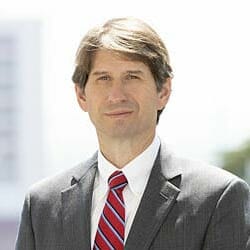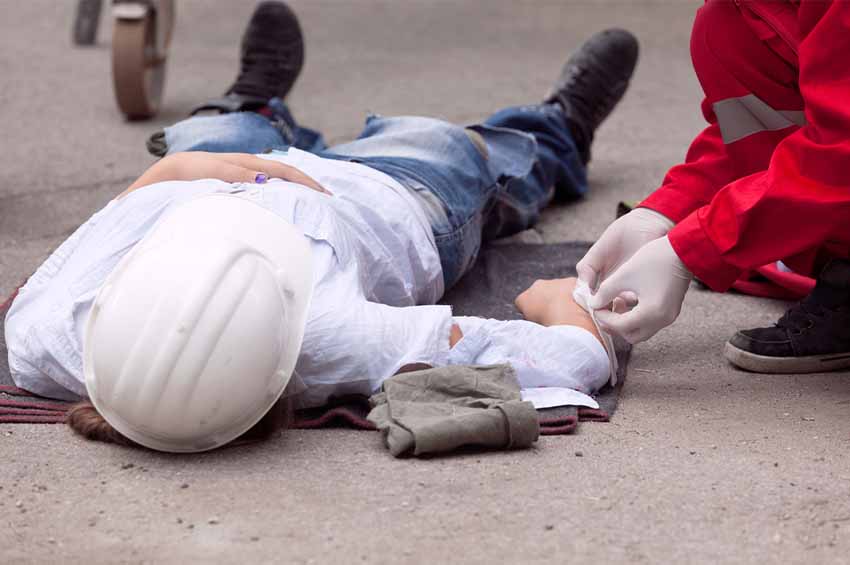
- September 28, 2016
- Attorney David Mann
- Nursing Home Injuries
Most of us remember a time when taking a picture meant capturing an image to a film cartridge that we had to drop off at a drug store to be developed, the anticipation mounting for days before we could find out just exactly what we managed to photograph. Similarly, personal video cameras used to involve rummaging for blank tapes, making recordings that were cumbersome to edit and to view. Both of those technologies have now been digitalized and are accessible at the touch of a button on the ubiquitous smartphones owned by almost three-quarters of all Americans.
Even closed-circuit television cameras have evolved, now replaced by high-definition cameras available for private use. Paired with a wireless Internet connection that can be monitored through any standard Internet browser, digital video cameras can now be transformed into valuable video surveillance tools. In nursing homes across the country, the ease with which pictures and videos can be taken is proving to be a double-edged sword.
On one side are privacy concerns. Social networks are rife with examples of humiliating photos and footage depicting nursing home residents at their most vulnerable. One investigation uncovered almost 50 instances over the last four years of long-term care facility employees sharing demeaning content of elderly patients in “compromised positions.” Recently, the Centers for Medicare & Medicaid Services issued a memo to state officials responsible for inspecting nursing homes and advised them to ensure that each nursing home had policies prohibiting staff from taking or distributing pictures or recordings that could demean or humiliate residents. Victims or their families might consider consulting with a medical malpractice lawyer to explore their legal options.
On the other side, cameras can offer patients protection by giving insight into the quality of care. Whether through photos or videos, the mere presence of cameras can discourage neglect and abuse. They can empower patients and families whose claims of poor treatment might otherwise not be believed. They can also safeguard employees by acting as a deterrent to false allegations and offering security to those workers who blow the whistle on mistreatment. However, technology should not be the only system in place for capturing abuse or neglect, and should not be allowed to substitute for staff.
Preventing neglect and abuse in nursing homes is a significant public issue. Although cameras can be helpful in that fight, they have to be utilized in ways that do not overly expose the susceptible members of society that they are intended to protect. To be successful without being exploitive, technological monitoring of nursing home residents must find a balance between privacy and protection.
If you suspect someone you love is being abused or neglected in a nursing home, or if you have any questions about this topic, you can find out more by discussing it with one of the Georgia nursing home abuse attorneys at The Mann Law Firm. We have over 50 years of experience helping people and we can help you. Based in Macon, we believe that nursing home patients deserve a safe place to live and the right to be free from abuse. Contact us to discuss your unique situation by calling 478-742-3381 or by filling out our online form.



 Before leading his own firm, Mann served for several years as in-house defense counsel for a large insurance company, which gives him unique insight into how insurance companies work. He uses this critical knowledge as an advantage for his clients. He is a tough negotiator and litigator, and he is exceptionally strategic in building cases on behalf of personal injury victims.[
Before leading his own firm, Mann served for several years as in-house defense counsel for a large insurance company, which gives him unique insight into how insurance companies work. He uses this critical knowledge as an advantage for his clients. He is a tough negotiator and litigator, and he is exceptionally strategic in building cases on behalf of personal injury victims.[ 